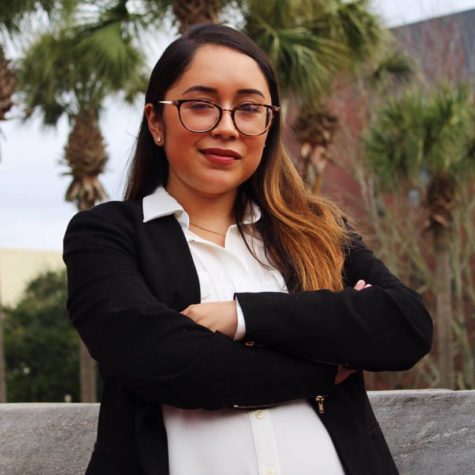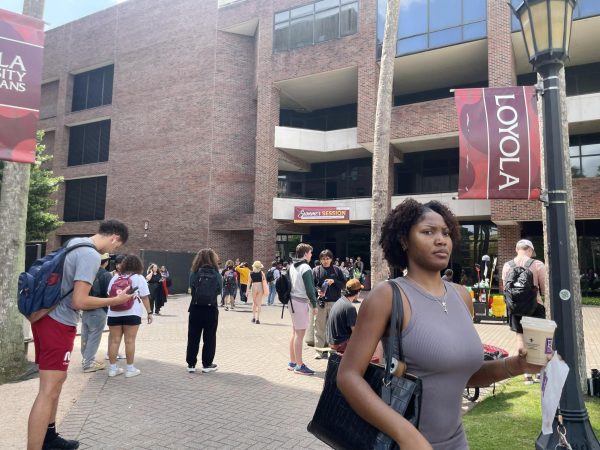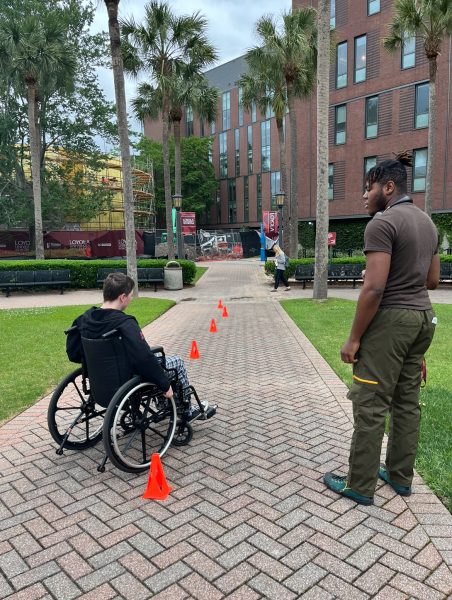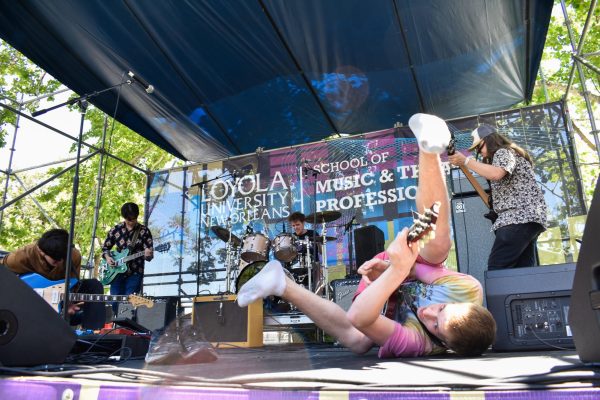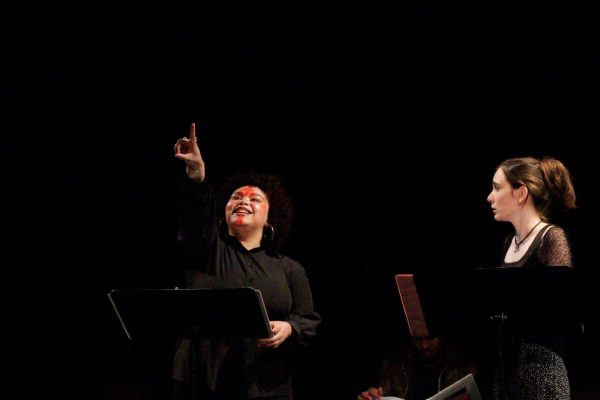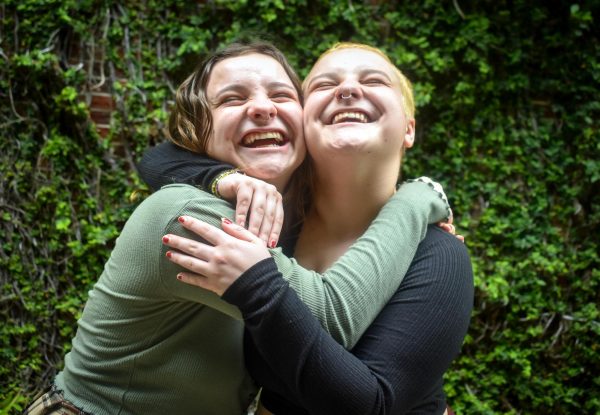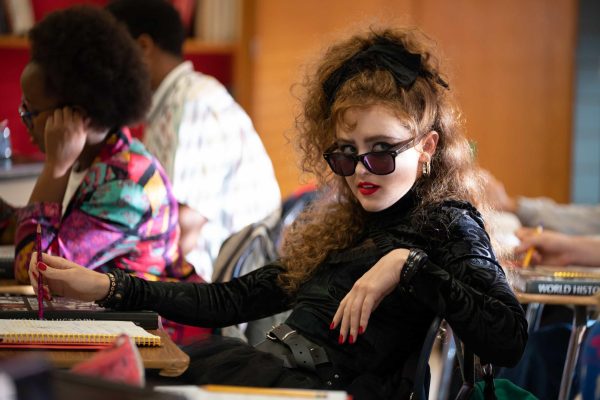Women’s History Month serves as a reminder of progress
March 21, 2018
The month of March marks Women’s History Month, which began being nationally celebrated in 1981. However, it was never intended to last a month– it was made to last only a week. In 1987, it was developed into an entire month.
Patricia Boyett, director of the Women’s Resource Center which puts on the Feminist Festival, emphasized the importance in today’s society of celebrating women’s history not just every March, but year-round.
“I think particularly since the last election, people see that there’s really a need for feminism and see that we have not reached a place of equality yet,” Boyett said.
Boyett believes that Women’s History Month has evolved since its inception nearly four decades ago, but she also believes that some factors have held the movement back.
“In some ways, women are better off than they were in the 1980s. But in other ways, I think there was this complacency that happened and this belief that we were doing better than we were,” Boyett said.
With the recent surge of movements like #MeToo and #TimesUp, Boyett thinks society’s attitude toward feminism has shifted in the right direction.
“I do think people are recognizing how important it is, and maybe we’ve taken some things for granted, and so I think that’s scared some people into saying ‘we’ve really got to pay attention,’” Boyett said.
Loyola University celebrates the month with its annual Feminist Festival on campus. The festival holds events such as art workshops, panels, discussions and special performances to celebrate gender equality.
One of the events was an exhibition of “Celebration of Afro-Colombian Traditions in Art” by Antonia Zennaro. Her art portrays Afro-Indigenous women from Bahía Solano, Colombia who have extraordinary singing abilities.
Zennaro’s art represents what happens when women are silenced.Their singing turns into mourning because of the violence in their communities, violence that plagues many other women all over the world.
“It brings knowledge to their reality through generation to generation,” Zennaro said.
In her presentation, Zennaro related her art to the subject of women’s rights in America.
“In America, it’s a big issue too, the silencing and losing their value,” she said, referring to the everyday life of women in the U.S.
Zennaro also touched on how art can empower women. “Value empowers. The value comes back as other people begin to see them. The steps are tiny,” she said.
This year’s Women’s History Month has focused not only on women’s rights, but also LGBTQ rights and racial equality. Boyett wants people to remember that feminism is intersectional and affects all groups.
“It’s all tied together if you believe in civil rights for all people. If I only care about my rights, then all I really care about is power, not about equal rights,” Boyett said.


